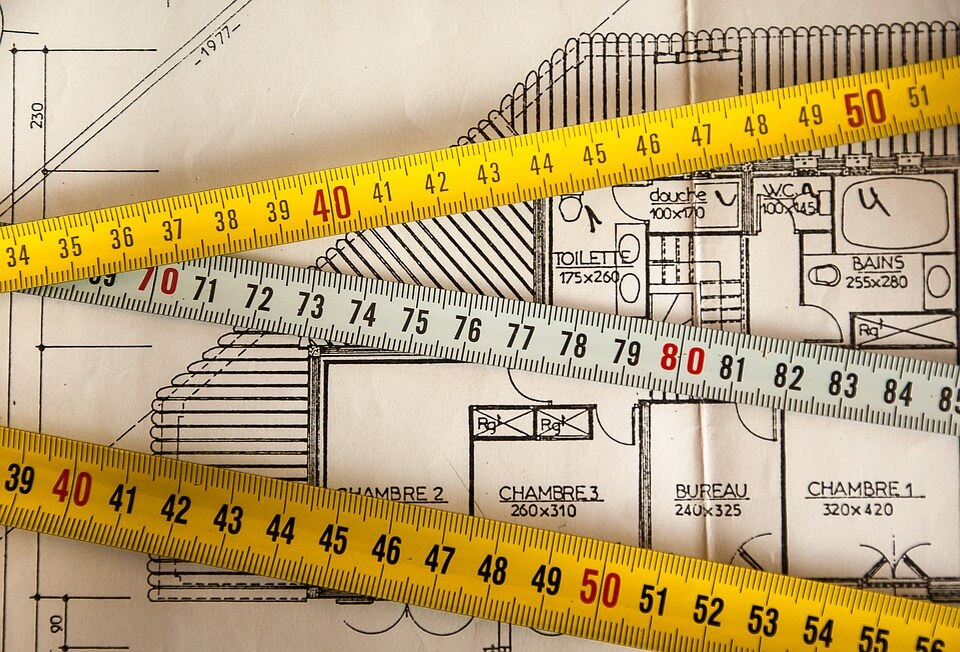What is measurement and its importance? The action of measuring anything, or a certain number of objects, is a measurement.

Source : pixabay.com
Every scientific study starts from a first step consisting of Observation, which is initially covered by the analysis of the general characteristics of a thing (called Extrinsic Analysis) for which later it is added to a much more detailed and precise vision of some of its characteristics, this being the Intrinsic Analysis that requires the application of suitable Optical and Light Instrumentation, among other instruments.
To be able to provide greater precision to this operation, it is also recourse to what are the Measurement Instruments, being those the auxiliary element that allows the application of just a Measurement Scale that consists of the application of a comparison with respect to an Arbitrary Value which has been defined and considered as valid by a particular scientific community.
The most known and often used is in the Measurements of Length, is in the use of a Rule or Tape Measure or any instrument that allows us to compare around what is a Unit (in this case, the Metro) size that a figure occupies in space, the measurement then being the estimation of the Magnitude of something following what is the Measurement Pattern.
It could be said then that the importance of making a measurement on something lies in obtaining an Unknown Data in reference to its comparison with a Known Data, the first being the characteristic inherent to the object that will be measured with the appropriate Measurement Instrument, while that the second is the Measurement Unit that we have used to make the comparison.
However, this measurement is often not the same, since there may be a factor known as Error Margin in which the operator who has carried out this task may incur, so that what is known is usually done as Statistical Measurement being an average value of all the measurements that have been made (that is, the operation must be repeated respecting the same conditions of the scope of work)
This is also complemented by the contribution of Auxiliary Sciences that allow Indirect Measurements that derive in the combination of Measurement Units to obtain a specific value, as in the case of the Concentration where it can be estimated if a compound is a Saturated Solution o Unsaturated around a proportion of Solvent Volume with the amount of Soluto Pesado previously and that has been incorporated into the system.